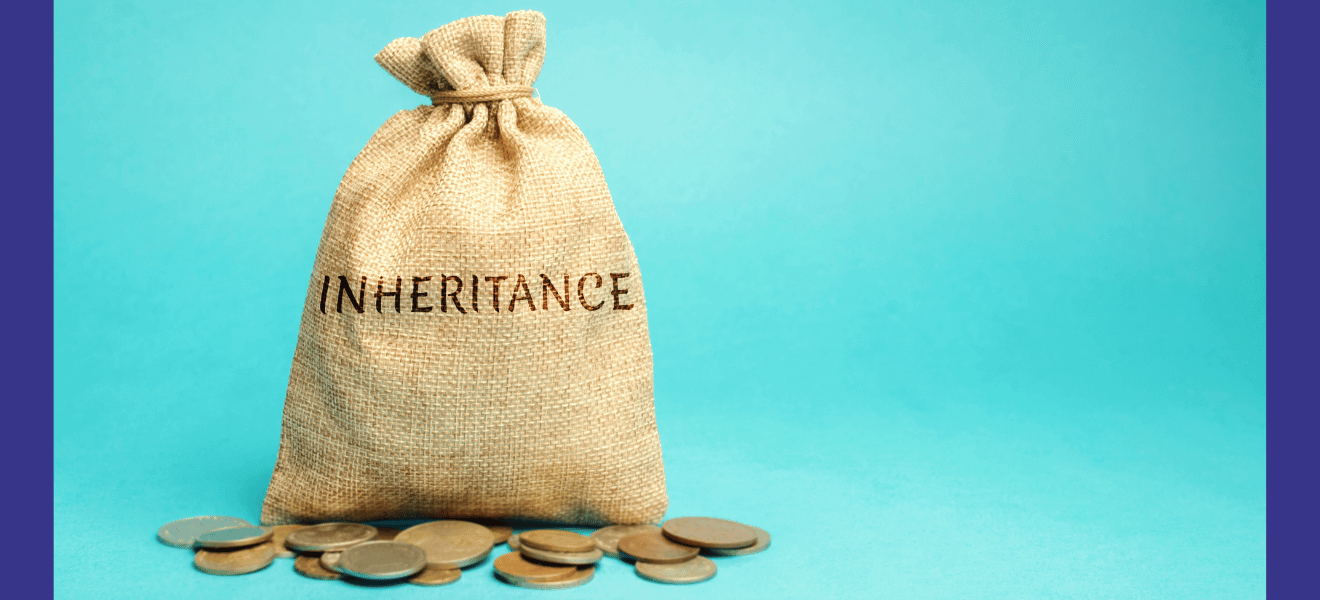
What is inheritance tax and how does it work?
Learn about how inheritance tax works, current thresholds and exemptions, who pays, and how to potentially reduce liability.
The baby boomer generation in the UK (those born after the war up to the mid-1960s) are set to pay as much as £90 billion in inheritance tax (IHT) over the next decade.
With inflation and house prices soaring, way more regular families are going to get stung by this tax. The modest savings of this generation are getting “dragged into its clutches”, experts warn.
The number of families paying inheritance tax has nearly doubled over the last 10 years already. Forecasts suggest up to 60,000 families per year could be hit with it by 2033, compared to 27,000 now.
The complex rules around gifting assets and property to reduce IHT liability have caught out over 2,000 families in the last five years.
Critics argue the tricky rules and rising number of families affected make the current 40% inheritance tax rate - already much higher than many other countries - increasingly unfair.
But as a saver, you can’t change the rules - all you can do is understand them and take professional advice to navigate this complex area. With smart planning, you may be able to reduce your potential inheritance tax bill through using allowances, exemptions and trusts.
See this guide as your introduction to inheritance tax, giving you a solid grasp so you can seek advice with confidence.
What is inheritance tax?
Inheritance tax is a tax charged on the assets of someone who’s died when those assets get passed to the beneficiaries. It applies only to the portion of an estate that’s above a set threshold.
The current inheritance tax rate in the UK is 40% on anything above £325,000 – known as the ‘nil-rate’ band (the amount up to which an estate has no inheritance tax to pay). This means that any amount above this threshold is taxed at 40% when assets are inherited.
Inheritance tax aims to redistribute wealth through taxation of larger estates upon death. The nil-rate band threshold for inheritance tax has been frozen at £325,000 since 2009.
How does inheritance tax work?
When a person dies, the total value of everything they’re leaving behind to beneficiaries is totted up. This includes assets such as property, money, investments, cars, art, jewellery etc. Then the value of any debts and liabilities is subtracted to reach the net estate value.
If the net value is higher than the nil-rate band of £325,000, inheritance tax will be charged at 40% on the excess amount. For example, an estate worth £500,000 would pay inheritance tax on £175,000 - the amount above the nil-rate band. This would work out to £70,000 of tax (40% of £175,000).
The nil-rate band typically increases slightly each tax year. But, it goes without saying, this hasn’t happened recently!
For married couples and civil partners, the threshold can effectively double to £650,000 by claiming the unused allowance from the estate of the first partner to die. This is called the transferable allowance.
What are exemptions to inheritance tax?
Several exemptions allow estates to pass on assets inheritance tax-free after a death. The main exemptions include:
- Spouse exemption - Anything left to a surviving husband/wife or civil partner living in the UK is exempt.
- Charity exemption - Any gifts left to a qualifying charity are exempt.
- Annual gift allowance - Gifts made during a person's lifetime that are under £3,000 in total each tax year are exempt if made more than seven years before death.
- Small gift allowance - Gifts under £250 per recipient per tax year are exempt. Regular gifts such as birthday presents would qualify.
- Marriage gifts - Gifts to someone getting married are exempt up to set limits based on your relationship with the recipient.
- Business, agricultural and heritage property relief - Can reduce inheritance tax on relevant assets by 50% or 100% in some circumstances.
When do you pay inheritance tax?
Inheritance tax must be paid once the executors have worked out the total value of the taxable estate. Payment is generally due six months from the end of the month in which the person died.
An extension up to 12 months from the date of death is allowed if the tax is being paid on property. Interest starts accruing on late payments.
Who pays inheritance tax?
Inheritance tax is paid out of the deceased person's estate before any assets can be handed out to beneficiaries. It doesn’t need to be paid by the beneficiaries themselves.
The executor, administrator or personal representative responsible for administering the estate and carrying out the terms of the will is liable to work out if tax is due and pay it to HMRC.
Do you pay inheritance tax on a house?
Houses and other land or property the deceased owned will potentially attract inheritance tax like most assets. The property is included in the total estate value at its open market value, less any outstanding mortgage or debts on it.
If the combined net value of the estate including the property exceeds the nil-rate band after allowances, inheritance tax becomes due on the excess amount.
Do you pay capital gains on inherited property?
Beneficiaries don’t need to pay any capital gains tax when they inherit property. The property is valued for probate at market rate on the date of death. This figure becomes the beneficiary's base cost for calculating future gains.
If the beneficiary later sells the inherited property and makes a taxable gain due to an increase in value since the date of death, capital gains tax may be payable on the gain at that point. But they don’t pay capital gains tax on the value transferred on inheritance.
How does equity release affect inheritance tax?
Equity release involves freeing up money from your property's value, but it can affect inheritance tax calculations. The funds received from equity release are included in the total estate value when you die.
This could potentially push the estate value over the inheritance tax threshold, making it more likely your beneficiaries will need to pay inheritance tax on what you leave.
What happens if you can't pay inheritance tax?
If there’s not enough liquid assets like cash or money in bank accounts to pay an inheritance tax bill, other assets in the estate may need to be sold to cover it. This could include property, investments, jewellery, art, cars etc.
Beneficiaries can also choose to pay some or all of the tax themselves so that assets don’t have to be sold.
There are strict penalties and interest for late payment of inheritance tax, so get some professional advice if payment might be difficult.
How to avoid inheritance tax with a trust
A trust can reduce inheritance tax liability since assets put into trust are no longer counted as part of the estate of the deceased person. Appropriately set up trusts allow you to pass assets to chosen beneficiaries without incurring inheritance tax.
Assets transferred to a trust more than seven years before death are completely excluded from the estate. Inheritance tax may still be due initially so professional advice is critical to establish a tax-efficient trust.
Different trust types that can potentially avoid inheritance tax include bare trusts, discretionary trusts, interest in possession trusts and gift and loan trusts.
What should be your next move?
Inheritance tax is a complicated area with many exemptions, allowances and rules governing when tax is payable. It’s enough to make your head hurt!
Planning during your life is key to minimise inheritance tax exposure - you should always seek professional help before making a decision to make sure your assets are passed efficiently to chosen beneficiaries.


